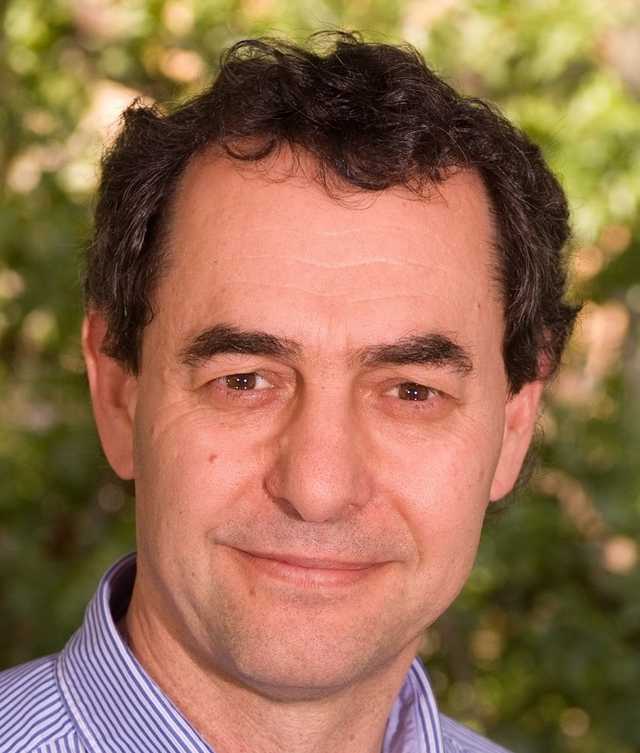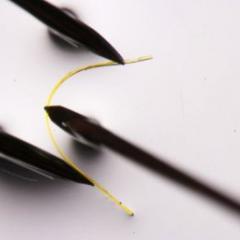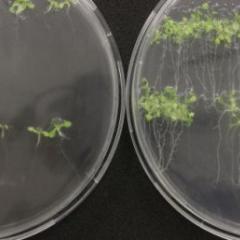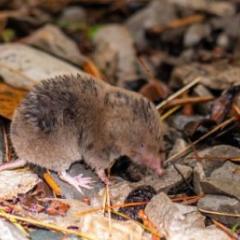
Two in three Australians will be diagnosed with skin cancer by the time they are 70, says a University of Queensland researcher who has been appointed the new president of the Australasian Society of Dermatological Research.
“Australia had a very high incidence of skin cancer,” UQ School of Chemistry and Molecular Bioscience’s Associate Professor Joe Rothnagel said.
“Skin cancers account for 80 per cent of all cancers in the Australian population; more than all other cancers combined.
“And Queensland has the highest rate of skin cancers in the world, although the number of new incidences is starting to decline (attributable to the effective Slip, Slop, Slap campaign).”
Associate Professor Rothnagel, who is also an affiliate principal research fellow with UQ’s Institute for Molecular Bioscience, said skin cancers were easily the biggest skin disease burden on the Australian healthcare budget, costing an estimated $800 million per year.
“Other non-cancer skin diseases, although much rarer, can also have a significant impact, not only in economic terms but also on the wellbeing of the patient and their carers,” he said.
“This is because skin disorders are often highly visible which can negatively affect self-confidence and have a very high psychological burden.
“For example, in a rare inherited skin fragility disorder, Epidermolysis Bullosa (EB), the skin blisters and peels at the slightest touch leaving the patient with wounds that heal poorly and scar readily.
“Living with EB has been likened to living with third degree burns. It is very painful, and sufferers must be bandaged every day with dressings to protect and medicate their wounds.”
Associate Professor Rothnagel completed his PhD in biochemistry at the University of Adelaide in 1985 before joining the National Institutes of Health in Bethesda, Maryland, and Baylor College of Medicine in Houston.
He returned to Australia in 1995 and was awarded a Wellcome Senior Research Fellowship in 1996.
His research focuses on molecular genetics and the cellular biology of the skin. He aims at improving the treatment of inherited and acquired skin diseases such as eczema, psoriasis, cancer and accidental trauma such as burns, using gene and stem cell therapies.
An ASDR Board member since 2003, he has been a Scientific Research Committee member of the Australasian College of Dermatologists (since 2010). The ASDR works closely with the Australasian College of Dermatologists and holds joint meetings.
Associate Professor Rothnagel, who will head the ASDR until 2019, said his goals in his new role included further streamlining processes and ensuring the society’s sustainability given funding pressures on scientists and on organisations to run conferences.
Associate Professor Rothnagel is the second UQ researcher to be ASDR president – his immediate predecessor is UQ Diamantina Institute Professor Nikolas Haass, a clinical scientist specialising in skin cancers.



